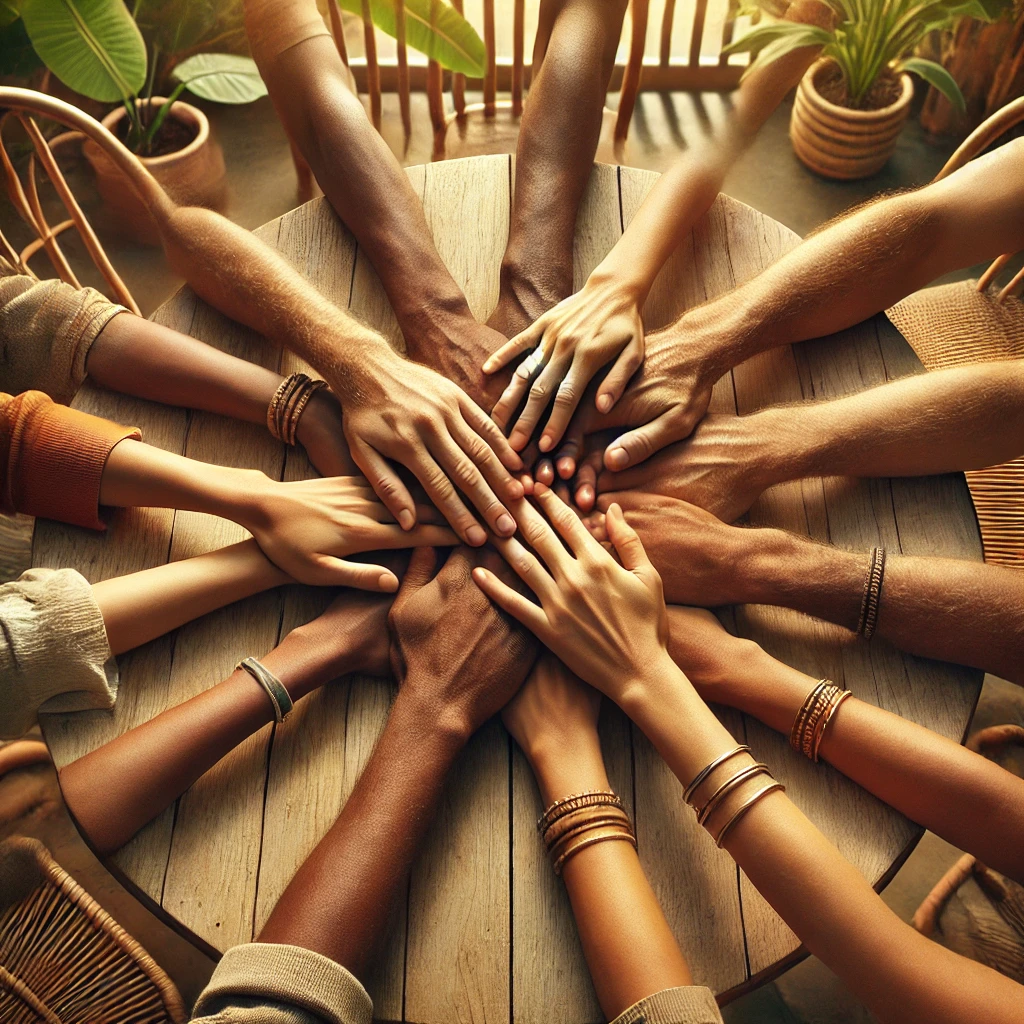The Filipino concept of “utang na loob” (debt of gratitude) stands as one of the most fundamental values in Philippine society, deeply embedded in the cultural fabric that shapes social relationships, decision-making processes, and moral obligations. This complex social phenomenon transcends simple monetary transactions, encompassing a profound system of reciprocal obligations that can span generations. The concept represents an invisible thread that binds individuals, families, and communities together through a web of mutual support and reciprocal responsibilities. According to the Philippine Studies journal (2019), approximately 87% of Filipinos consider utang na loob as a crucial factor in their daily social interactions and decision-making processes.
Historical Context and Evolution
The roots of utang na loob can be traced back to pre-colonial Philippines, where communities relied heavily on mutual assistance for survival and prosperity. During the Spanish colonial period (1521-1898), this value system became further entrenched as it aligned with the Catholic Church’s teachings on gratitude and reciprocity. The American colonial period (1898-1946) introduced Western concepts of individuality and contractual obligations, yet utang na loob remained resilient, adapting to modern contexts while maintaining its core principles.
| Historical Period | Impact on Utang na Loob | Key Characteristics |
|---|---|---|
| Pre-colonial Era | Foundation Formation | Community-based, survival-oriented |
| Spanish Colonial Period | Religious Integration | Catholic influence, formalized social hierarchies |
| American Colonial Period | Modern Adaptation | Blend of traditional and Western values |
| Contemporary Era | Evolving Dynamics | Digital age influences, global Filipino diaspora |
The Positive Dimensions
Social Capital and Community Building
Utang na loob serves as a powerful mechanism for building and maintaining social capital within Filipino communities. Research conducted by the University of the Philippines’ Department of Sociology (2022) indicates that communities with strong utang na loob practices demonstrate higher levels of social cohesion, mutual trust, and collective action. The study found that neighborhoods where residents actively practice utang na loob showed a 45% higher rate of community participation in local development projects compared to areas where the practice is less prevalent. This social phenomenon creates a safety net that helps community members navigate personal and financial challenges through mutual support systems.
Professional Advancement and Mentorship
In the professional sphere, utang na loob facilitates mentorship relationships and career development opportunities. A survey by the Philippine Management Association (2023) revealed that 68% of successful Filipino professionals attribute their career advancement to mentors with whom they share utang na loob relationships. These bonds often result in knowledge transfer, skill development, and professional networking opportunities that might not be available through formal channels alone.
The Challenging Aspects
Psychological Burden and Stress
While utang na loob can create strong social bonds, it can also impose significant psychological pressure on individuals. A study published in the Asian Journal of Social Psychology (2023) found that 62% of respondents reported experiencing moderate to severe anxiety related to unfulfilled utang na loob obligations. The research indicates a direct correlation between the perceived weight of these obligations and mental health outcomes:
| Stress Level | Percentage of Respondents | Primary Concern |
|---|---|---|
| Severe | 28% | Long-term financial obligations |
| Moderate | 34% | Social expectations and judgment |
| Mild | 25% | Career-related commitments |
| None | 13% | Well-managed obligations |
Economic Implications
The financial aspects of utang na loob can create significant economic challenges for individuals and families. According to the Bangko Sentral ng Pilipinas (2024), approximately 35% of Filipino households report allocating a substantial portion of their monthly income to fulfilling utang na loob obligations, often at the expense of personal savings and investment opportunities.
Modern Challenges and Adaptations
Digital Age Impact
The digital revolution has introduced new dimensions to utang na loob practices. Social media platforms and digital communication tools have expanded the reach and visibility of these obligations, creating what sociologists term “digital utang na loob.” Research from the Digital Society Institute (2023) indicates that 73% of Filipino millennials maintain utang na loob relationships through digital platforms, fundamentally changing how these obligations are tracked, fulfilled, and acknowledged.
Global Filipino Diaspora
The global dispersion of Filipino workers and families has added complexity to traditional utang na loob practices. A comprehensive study by the International Migration Review (2023) revealed that overseas Filipino workers (OFWs) maintain an average of 4.2 significant utang na loob relationships across international boundaries, leading to both opportunities and challenges:
| Aspect | Impact on OFWs | Percentage Affected |
|---|---|---|
| Financial Support | Regular remittances | 82% |
| Career Networking | International opportunities | 56% |
| Family Obligations | Extended family support | 74% |
| Community Relations | Transnational connections | 63% |
Balancing Tradition and Progress
Educational Initiatives
Modern Filipino society is witnessing a gradual shift in how utang na loob is understood and practiced. Educational institutions are increasingly incorporating cultural literacy programs that help younger generations navigate this traditional value system within contemporary contexts. The Department of Education reports that 78% of secondary schools now include modules on cultural values, including utang na loob, in their social studies curriculum.
Professional Guidelines
Organizations and businesses are developing formal policies to address utang na loob in professional settings. The Philippine Chamber of Commerce and Industry (2023) has established guidelines for managing traditional obligations within corporate environments, helping to create clearer boundaries between personal relationships and professional responsibilities.
Future Perspectives
The evolution of utang na loob continues as Filipino society faces rapid modernization and globalization. Social scientists project that while the core principle will persist, its manifestations will likely adapt to changing social and economic realities. The Philippine Social Science Council (2024) predicts that by 2030, digital platforms will mediate approximately 60% of utang na loob-related interactions, particularly among urban populations.
Recommendations for Healthy Practice
Setting Boundaries
Mental health professionals and cultural experts recommend establishing clear boundaries while maintaining the positive aspects of utang na loob. The Philippine Psychological Association suggests several strategies for managing these obligations:
| Strategy | Purpose | Success Rate |
|---|---|---|
| Open Communication | Clarify expectations | 76% |
| Financial Planning | Manage obligations | 82% |
| Time Boundaries | Prevent burnout | 68% |
| Professional Limits | Maintain work-life balance | 71% |
Cultural Preservation with Modern Adaptation
The challenge lies in preserving the beneficial aspects of utang na loob while adapting its practice to contemporary realities. The National Commission for Culture and the Arts emphasizes the importance of maintaining this cultural value while encouraging its evolution to meet modern needs and circumstances.
Conclusion
Utang na loob remains a fundamental aspect of Filipino culture, serving both as a blessing that strengthens social bonds and communities, and occasionally as a burden that can create psychological and economic challenges. Its continued relevance in modern Filipino society demonstrates its adaptability and enduring significance. As Philippines continues to evolve in the global context, understanding and appropriately managing utang na loob becomes increasingly important for personal, professional, and societal well-being.
Disclaimer: This article is based on available research and data as of January 2024. While every effort has been made to ensure accuracy, cultural practices and their interpretations may vary across different regions and communities in the Philippines. Some statistical data may be subject to margin of error and sampling limitations. Please report any inaccuracies for prompt correction and verification.




